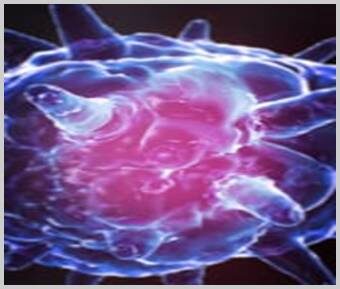
Genital Herpes
Genital herpes is a common sexually transmitted disease (STD) that is caused by a viral infection. Patients can be infected with either the herpes simplex virus type 1, also known as HSV-1 or herpes simplex virus type 2, or HSV-2. There are currently at least 50 million people infected with genital herpes in the United States alone. Because the symptoms of herpes are often very mild, people may be unaware that they have the infection. Infections can cause sores or blisters on the mouth, lips, genitals or rectum that appear intermittently.
Causes of Genital Herpes
Genital herpes is transmitted by engaging in oral, vaginal or anal sex with someone infected with the virus. Genital herpes is spread by exposure to an affected area of skin with or without lesions or secretions. Not everyone may realize they are infected with the virus.
Symptoms of Genital Herpes
Most patients that are affected with genital herpes (HSV-1 or HSV-2) experience little to no symptoms from this condition. When symptoms do occur, they may range from mild to severe. They often involve one or more blisters on or around the mouth, genitals or perineal area. These outbreaks usually come and go over the course of many months or years, but the infection remains present in the body. Symptoms of genital herpes may include the following:
● Sores around the mouth or lips
● Sores or blisters on the genitals or anus
● Fever
● Body aches
● Eye infections
● Headache
● Swollen glands
Initially after infection, outbreaks of genital herpes may occur four to five times during the first year of infection, but tend to occur less frequently over time.
Diagnosis of Genital Herpes
A provider can diagnose genital herpes by examining active sores and taking a small sample swab to be analyzed in a lab. If patients are not experiencing any symptoms or are in between outbreaks, a diagnostic blood test or viral culture may be performed to confirm diagnosis of previous infection.
Treatment of Genital Herpes
While there is no cure for herpes (HSV-1 or HSV-2), there are several treatment options available to relieve symptoms and prevent outbreaks as well. Antiviral medications can often help shorten or prevent outbreaks from occurring. Oral medications prescribed to treat genital herpes may include:
● Zovirax
● Famvir
● Valtrex
These antiviral medications may be taken when patients are experiencing symptoms or they can be taken as a suppressive to help prevent outbreaks. Patients with regular symptoms from herpes may benefit from daily suppressive therapy to reduce their risk of spreading the infection to their sexual partner.
Complications of Genital Herpes
Herpes infections can cause very painful genital sores that may interfere with the patient's quality of life. Symptoms are generally more severe in patients with compromised immune systems. Patients with genital herpes may be more susceptible to HIV infection and contracting other sexually transmitted diseases. Women who are pregnant with genital herpes, may be at risk for infecting their baby with the disease. Special precautions may need to be taken during delivery to reduce the baby's risk of infection.
Prevention of Genital Herpes
You can prevent genital herpes by:
● Abstinence from sexual activity
● Using condoms
● Remaining in a monogamous relationship
Both male and female condoms reduce the risk of developing herpes infection, but are not a prevention method. It is important if you have genital herpes to notify any sexual partners and all sexual activity should be avoided during an outbreak. There is still a risk of spreading herpes even not during an outbreak. Open communication with a partner is an effective way to maintain a healthy sex life with herpes. For most patients, genital herpes does not lead to any serious health, and instead remains a long-term manageable condition.
